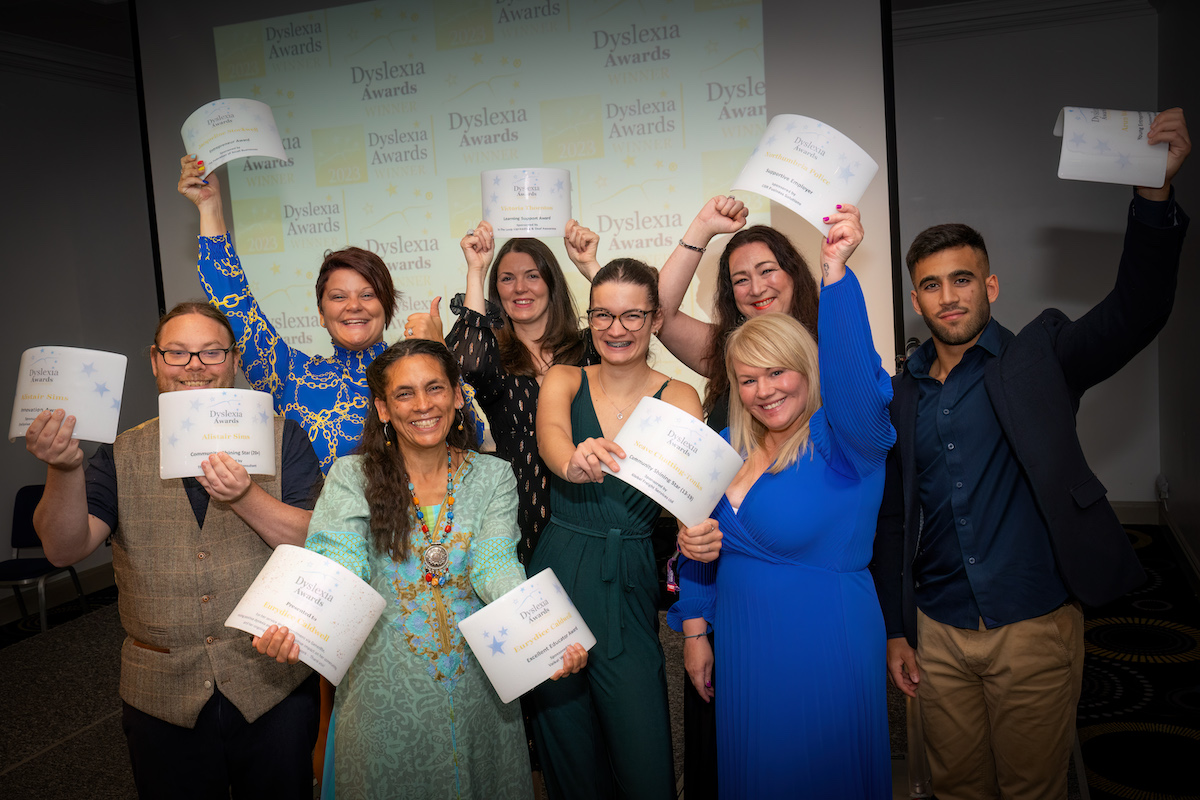How Coaching Could Play a Bigger Role in Teaching

It goes without saying (though it’s worth repeating) the challenges of teaching are growing and having an enormous impact on the lives of FE teachers.
The passion that drew people into the profession – often away from other jobs – are commonly related to teachers having a sense of purpose and desire to enable learners to achieve their potential, and the chance to give back.
The enormous satisfaction of seeing a student have a light bulb moment from a teaching moment are the moments that make it worthwhile. The motivation of having the opportunity to refine knowledge and insights in a subject area is a big factor in developing into a teacher known for expertise, insights and experience.
Motivation and passion are constantly being tested
However, we live in challenging times where this motivation and passion are constantly being tested. With the pressure of resourcing and gaps in pay compared to other jobs – including teaching in other sectors – are making it an incredibly strenuous environment.
Some days can feel like an uphill slog – like dragging an elephant on your back into work. But while these structural inequalities and issues are being fought on the picket lines and in management offices is there anything that can ameliorate and alleviate at least some of the pressures on teachers – and potentially be able to provide longer solutions – as well as build skills? Developing a coaching culture at college might potentially be able to do this.
Coaching in the classroom and staff training room
Coaching is now becoming a staple in corporate environments as business leaders have identified it as a solution to enable better processes by enabling people to perform better – including those working in high-pressure environments. According to the Institute of Coaching, 80% of people who receive coaching report increased self-confidence, and over 70% benefit from improved work performance, relationships, and more effective communication skills.
Research undertaken by BetterUp showed that coaching can help individuals establish and take action towards achieving goals, become more self-reliant, gain more job and life satisfaction. The research shows that coaching has a powerful, positive impact on self-confidence, wellness, and work performance.
Coaching in business has also been used in various situations such as helping people develop better interpersonal skills, supporting an individual’s potential and providing career support, developing a more strategic perspective after a promotion to a more senior role, handling conflict situations so that they are resolved effectively, and dealing with the impact of change on an individual’s role.
BetterUp’s report shows that when a manager receives professional coaching, their team members also benefit from the mentoring, leadership development, and coaching culture the manager brings back into the organisation.
To bring into the teaching world is a complex and debatable topic that will have different perspectives and arguments. Coaching might be dismissed as airy-fairy when pressure is at an all-time high. But, conversely, this might be exactly the right time to consider coaching. Coaching differs from training, which is the vast way teachers are undertaking development.
Training is valuable and needed
But coaching offers a development that is different in that it is focussed and tuned into an individual. Working with a coach means teachers’ needs will vary depending on the individual teacher’s goals, and preferences and they can develop according to their own personal needs. Coaching could enable teachers to work on new ways to manage conflict and challenges or develop more career resilience or emotional intelligence for example.
Coaching as part of teacher professional development may offer wider benefits such as leadership development for those looking at that career pathway, or how teachers might develop peer learning communities – if that is their next plan, or how they might be able to innovate and skill-up to build deeper subject matter expertise.
If we were to consider coaching as a core professional development activity, having coaching will enable teachers to pass essential coaching skills on to students – such as reflective observation and effective communication skills.
A major benefit of coaching for students includes improved learning in the classroom – as it raises self-awareness, deepens self-reflection, and develops skills such as critical thinking. By making coaching a core part of professional development it may impact effective teaching skills which might in turn influence and improve student outcomes.
It might not seem the right time to engage with coaching as a concept when it feels there are already too many initiatives and pressures, but it is worth discussing before dismissing. Because a coaching initiative in a college can be used by both staff and students to create a powerful learning environment.
By Dr Naeema Pasha, Chief Coaching Officer in Richmond











Responses